The Prince Rupert Port Authority (PRPA) said in early March that its Ridley Island Export Logistics Project (RIELP) has reached a significant milestone: receipt of its final determination of the federal environmental effects evaluation review. “Federal authorities have determined … that the Ridley Island Export Logistics Project is not likely to cause significant adverse environmental effects,” the port said in a March 2 statement. “This concludes the federal environmental review process, which is a prerequisite for the federal authorities to consider the required authorizations for the project to proceed.” The export logistics complex, which is planned for the southern end…
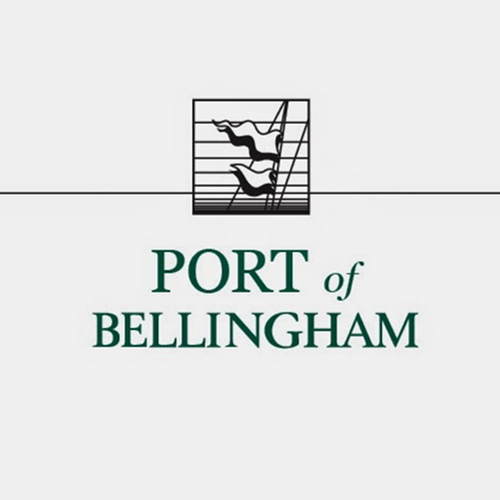

The Port of Bellingham said in late February that it has purchased about six acres, including six buildings with about 71,000 square feet of office and industrial space, to support continued industrial growth. The port’s new industrial complex is on Marina Drive, less than a mile from port-owned land and buildings near Squalicum Harbor. The six industrial buildings and office space were built between 1925 and 2008. The property is close to Squalicum Harbor, Interstate 5 and is 2.4 miles from Bellingham International Airport. “There is strong demand for port-owned land and industrial space,” Port Commission President Michael Shepard stated.…
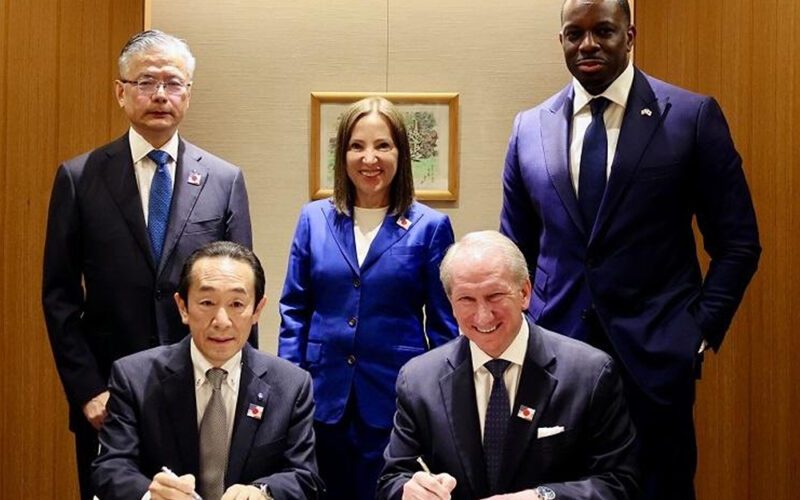

The Port of Los Angeles in mid-March entered into separate Memorandum of Understandings (MOUs) with the Port of Tokyo and the Port of Yokohama to collaborate on sustainability and environmental issues. The agreements were signed by Port of LA officials during the weeklong 2023 California Japan Clean Energy Trade Mission summit. The MOUs with the two ports call for cooperation and sharing of best practices on environmental and sustainability initiatives, including the digitation of the supply chain to optimize efficiency and reduce port operational impacts. “The MOUs signed this week between the Port of Los Angeles, the Port of Tokyo,…
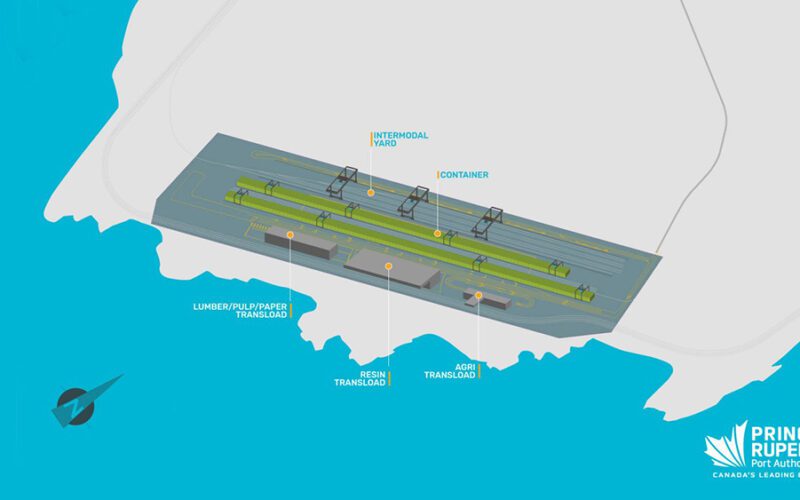


The Prince Rupert Port Authority (PRPA) said in early March that its Ridley Island Export Logistics Project (RIELP) has reached a significant milestone: receipt of its final determination of the federal environmental effects evaluation review. “Federal authorities have determined … that the Ridley Island Export Logistics Project is not likely to cause significant adverse environmental effects,” the port said in a March 2 statement. “This concludes the federal environmental review process, which is a prerequisite for the federal authorities to consider the required authorizations for the project to proceed.” The export logistics complex, which is planned for the southern end…
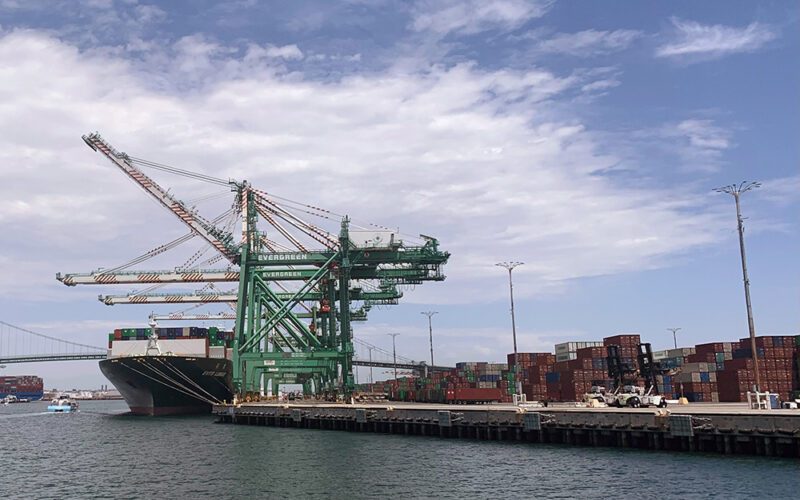

A new study prepared by Washington, DC-based economic consulting firm BST Associates concludes that California has evolved into a distribution center for U.S. trade with Pacific Rim nations partly because of its geographic location, but also because such a large portion of the trade is consumed locally. Port directors from across California shared the study with state policymakers on Feb. 15 for Ports Day 2023, annual day of advocacy by the California Association of Port Authorities (CAPA). They were joined by dozens of state policymakers to highlight the impact California ports have on driving the economy forward. “Each year, California…
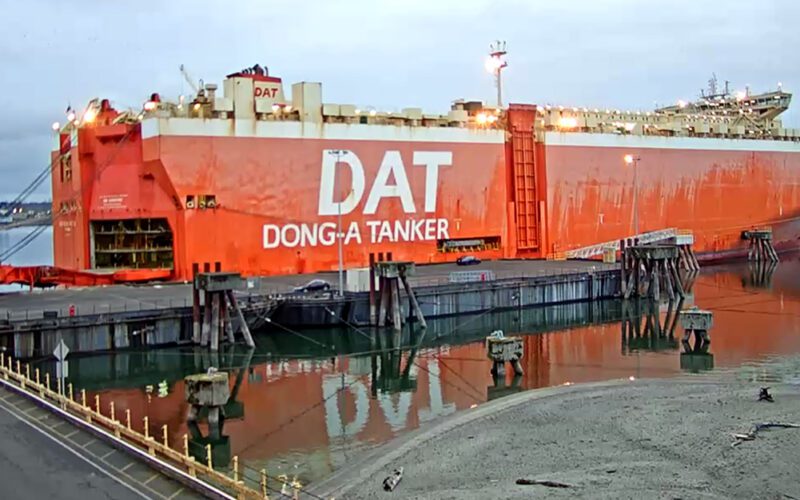

A new auto import business launched at the Port of Portland’s Terminal 6 in early March. At its onset, longshore workers unloaded about 3,100 General Motors vehicles from the ro/ro vessel Dong-A Metis at Berth 601, the majority of which were routed to points in the inland U.S. via rail. Portland has said that it anticipates welcoming four ships each month, bringing about 160,000 GM vehicles through the port each year. “From the longshore workers unloading the ships to the folks moving the imports to rail cars destined for the Midwest, this new business further solidifies the port as a…
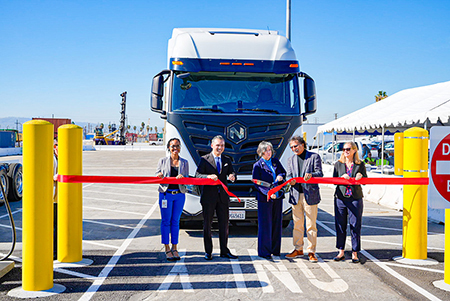

Heavy-duty electric trucks servicing San Pedro Bay port terminals can now charge for free at the Port of Long Beach, which on Nov. 18 announced that it has opened the first two public charging stations in the nation for such vehicles. The port is partnering with EV Connect, a Los Angeles area-based provider of charge-management solutions for electric vehicles, to provide the stations at the Clean Truck Program Terminal Access Center, 1265 Harbor Ave., Long Beach. “Southern California will need a network of thousands of heavy-duty charging stations, not only at the ports but all around the region, as society…
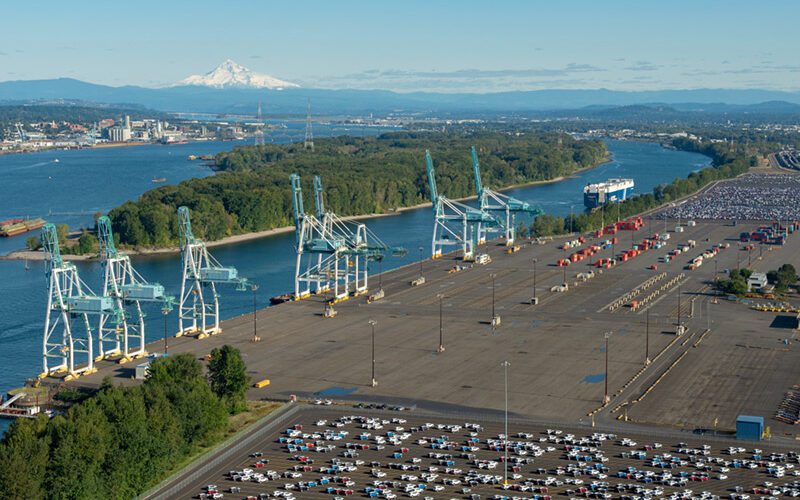

The U.S. Department of Transportation has awarded Oregon’s Port of Portland $24,360,000 for port infrastructure improvements that would support current and future operations. The funding is to support current infrastructure by strengthening pavement for flexible cargo storage and upgrading pavement in the container yard. The funds also are to support new stormwater treatment infrastructure to reduce pollutants entering the Columbia River, improve energy consumption, reduce light pollution and support a port goal of moving ward zero-emission operations. The announcement came with kudos from U.S. Senators Jeff Merkley and Roy Wyden, both D-Ore. Merkley said the funds will provide crucial support…


Port officials from around the U.S. and overseas gathered virtually in November to discuss the impacts of climate change and sea-level rise. Port of Oakland Executive Director Danny Wan delivered the welcoming remarks at the Storms, Flooding and Sea Level Defense Conference, which was hosted by the Propeller Club of Northern California in collaboration with the Society of American Military Engineers. The conference, now in its fifth year, is the product of collaboration between California ports, including those in Oakland, San Francisco, Long Beach and Los Angeles. “The Port of Oakland as well as all California ports are literally on…
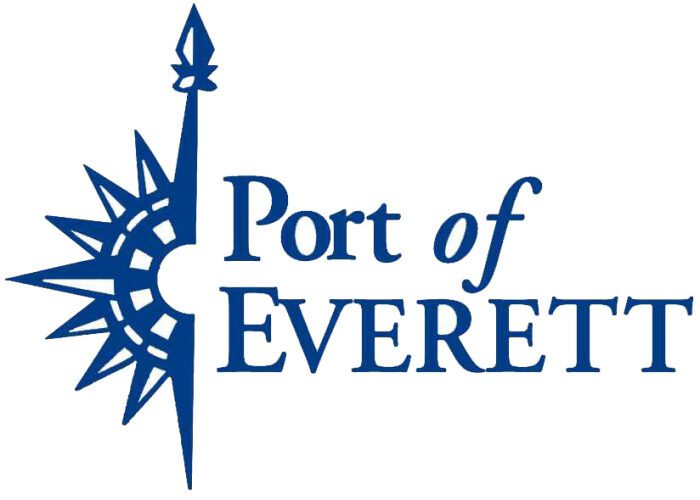

On Thursday, Dec. 1, federal, Washington state and local officials participated in a ribbon-cutting event at the Port of Everett to celebrate the completion of the new 40-acre Norton Terminal. The $40 million terminal is the centerpiece of the port’s more than $100 million “Mills to Maritime” initiative aimed at bolstering cargo flow and jobs in the region. The event also celebrated the completion of the MTCA (Model Toxics Control Act) Third Interim Action Cleanup Project. “This work transformed the former Kimberly-Clark mill site into a new 40-acre maritime hub to enhance the movement of commerce, restore jobs and keep…
